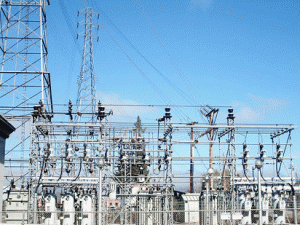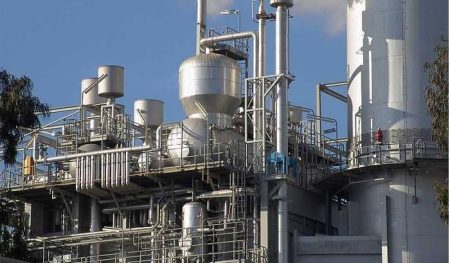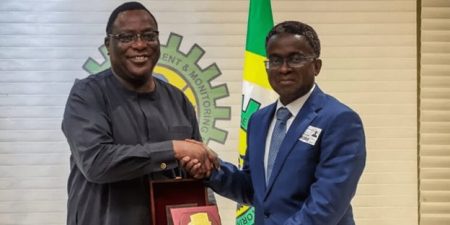
Sam Ikeotunye
Abuja – The Minister of Power, Engr. Abubakar D. Aliyu, has outlined the challenges facing the nation’s power sector as he disclosed that the current deal between the Federal Government and the German company, Siemens AG, will raise Nigeria’s power generation to 25,000 megawatts by 2025.
Aliyu disclosed this at the yearly workshop of the Power Correspondents Association of Nigeria, PCAN, in Abuja, where he was special guest of honour.
He listed the challenges facing the sector to include transmission and distribution bottlenecks, funding difficulties, transmission wheeling inadequacy as well as old and dilapidated distribution infrastructure.
Also included, according to him, are issue of confidence in the electricity market, energy losses, non-payment of electricity bills by consumers and lack of transparency within the sector players.
The minister, who noted that Nigeria was at the threshold of moving to the next level with its power sector, stated that the level of power generation, which currently stands at 4,500 megawatts, MW, would reach 25,000MW following the Federal Government’s partnership with the German company.
“We just need to boldly deal with some challenges militating against the desired growth, some of which are transmission and distribution bottlenecks, funding difficulties, transmission wheeling inadequacy, old and dilapidated distribution infrastructure.
“Others are confidence in the electricity market, energy losses, non-payment of electricity bills and lack of transparency within sector players, among others,” the minister said.
He said the Federal Government was focussed on providing necessary infrastructure for the growth of the sector.
“Government is doing a lot in providing the needed infrastructure and is also being supported by multilateral partners like World Bank, AFDB, AFB and others. These support structures, plus the intervention fund from CBN, will go a long way in addressing some of these infrastructure gaps.
“A proper implementation of all planned and ongoing projects will increase the electricity availability and quality,” he further said.
The minister continued: “To achieve the desired quick wins, Government launched the Power Sector Reform Plan (PSRP) to strengthen the Regulatory Agency, NERC, among other things, a properly monitored Performance Improvement Plans (PIP) to track progress of the Distribution Companies and a Transmission Rehabilitation and Expansion Program (TREP) to strengthen the wheeling capacity of TCN.
“These efforts are geared towards ensuring that they earnings and desires of Nigerians are met as regards steady and reliable power supply.
“Reform processes all over the world are cumbersome and take time. This Government has initiated some transformational changes that will on the long run improve the quality of electricity in Nigeria and improve access. I can confidently tell you that with the efforts we have put in, and still putting in, we are at the dawn of a new era in the power sector in Nigeria.
“One significant effort the Muhammad Buhari’s administration has put in is the Siemens Nigeria and the Federal Government’s deal; this partnership seeks to expand Nigeria’s electricity capacity from the current 4,500MW to 25,000MW.
“The Presidential Power Initiative (PPI) which began in 2021 is in three phases and is estimated to be completed in 2025. The phases cover the upgrading and expanding the TN and Discos networks, improvement of access to affordable, efficient and reliable electricity and, providing support of industrial and economic growth in the country.
“This first phase which began in 2021 will go on for a period of 10 months with the end goal of pushing to 7,000MW. So far, there has been no hitch as the team is currently on the pre-engineering phase. The second phase will raise the availability to 1,000MW and the third phase will raise the availability to 25,000MW.
“Given Siemens AG’s accomplishment of a similar plan in Egypt and also, its reputation as an international giant in the power sector related engagements, it is strongly believed that the Nigeria Electricity Road map (NER) is possible and achievable.”
Follow us on twitter



